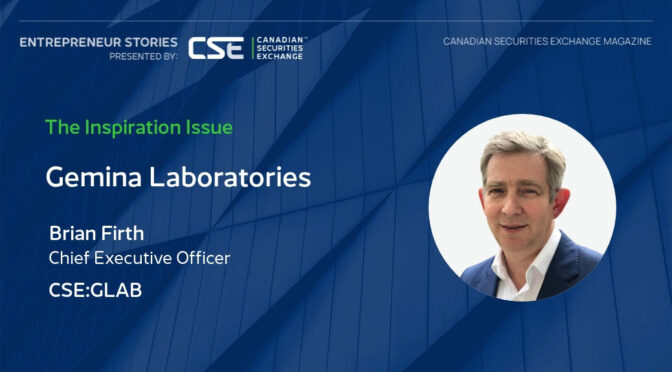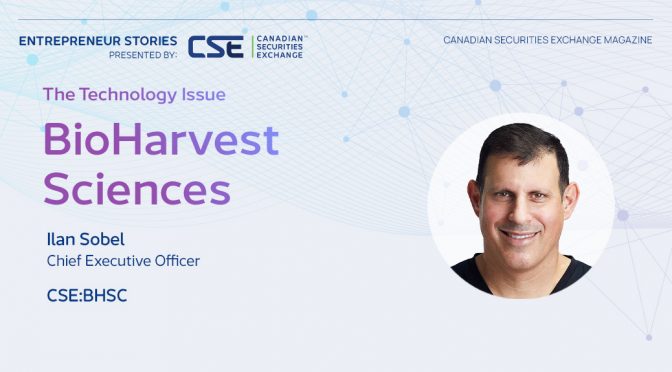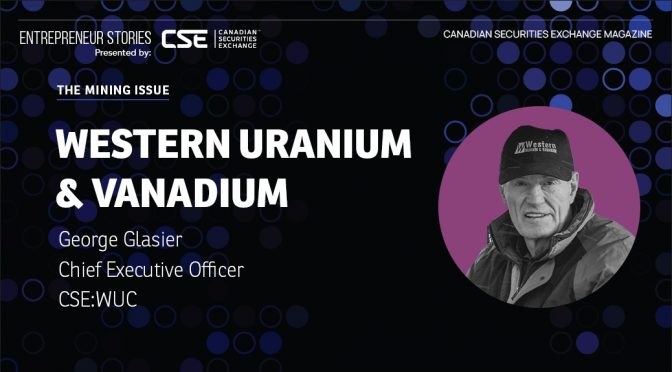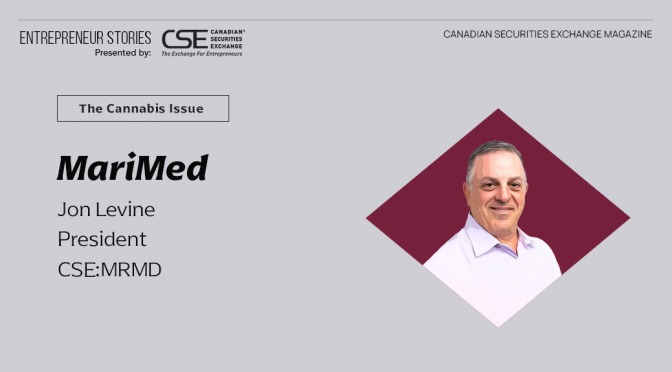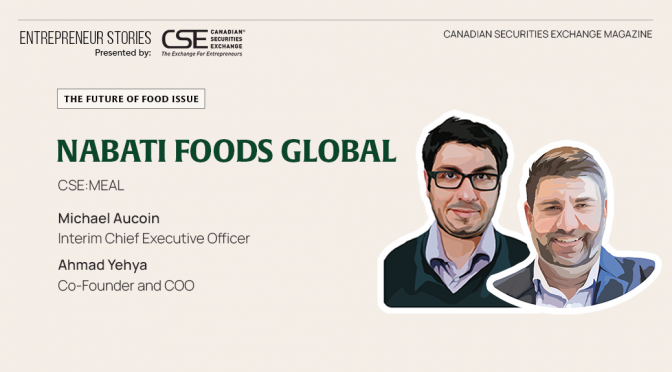Salt was one of the most valuable commodities in ancient times. In fact, the phrase “worth its salt” is thought to have originated with the ancient Romans, who valued their sodium chloride highly.
Roman soldiers at the time received wages so they could purchase salt to preserve food such as meat and fish, in what was known as a monthly “salarium,” which has evolved into the English word “salary.”
Today, salt has a wide range of commercial and consumer applications, from water treatment, drilling fluids and winter road maintenance to food processing, condiments and preservatives.
Globally, the size of the salt market is projected to grow from US$34.1 billion in 2023 to $48.6 billion by 2030, according to Fortune Business Insights.
Canadian company Vortex Energy (CSE:VRTX) hopes to capture some of those sales through the advancement of its Robinsons River Salt Project located in Newfoundland and Labrador.
In doing so, it would help to reduce the 7-10 million tonne per year road salt shortfall that leads Canada and the U.S. to turn to the import market to top up their supplies, according to Mining.com.
“Where we are located is near one of the largest salt discoveries in eastern North America,” Vortex Energy Chief Executive Officer Paul Sparkes tells Canadian Securities Exchange Magazine.
“We are also next to a large, proposed hydrogen project called World Energy, which will require storage not only for hydrogen but also for green energy.”
Sparkes, an accomplished business leader and entrepreneur, is a former director of operations under Canadian Prime Minister Jean Chrétien and has also served as a senior aide to two premiers of Newfoundland and Labrador.
Vortex Energy boasts an experienced and distinguished management and advisory team as well, which includes famed Yukon gold prospector Shawn Ryan, and George Furey, who served as speaker of the Senate of Canada from 2015 to 2023.
Robinsons River, which is comprised of 942 claims covering 23,500 hectares, contains two large-scale salt structures that were identified through geophysical and seismic exploration. The maximum thickness of the salt strata is estimated to be 1,700-1,800 metres in both structures.
As salt is extracted from the ground it leaves behind caverns or domes, which are ideal locations for storing hydrogen, an increasingly popular clean fuel option.
Salt caverns feature some significant advantages when it comes to storing hydrogen. First, the caverns allow for safe storage of large quantities of hydrogen under pressure with minimal environmental disturbance at the surface. As well, they enable flexibility regarding injection and withdrawal cycles.
Vortex began drilling the Robinsons River project in November of last year, with the first occurrence of salt rock occurring at a depth of 581.5 metres at the Western Salt Structure, which has the potential to house an estimated amount of 250,000 tonnes of hydrogen in more than 25 caverns.
The company notes that based on available geological information, the East and West Salt Structures have a conservatively estimated potential combined hydrogen storage capacity of up to 800,000 tonnes within more than 60 caverns.
Vortex Energy says its Robinsons River salt dome project could be as much as 127% larger in terms of hydrogen storage potential than the Fischell Salt Dome owned by privately held Triple Point Resources.
In addition, Robinsons River’s location in Newfoundland and Labrador positions the project as a potentially viable alternative for supplying the U.S. East Coast with hydrogen, due to ready port access and distance to U.S. customers.
European markets are a distinct possibility as well, particularly in light of the agreement Canadian Prime Minister Justin Trudeau signed with German Chancellor Olaf Scholz in August 2022 envisioning a hydrogen alliance between their two countries.
Good access to power and roads underpins favourable logistics for moving product from site to port.
Vortex also holds the licence and right to use ammonia cracking reactor technology and membrane separator technology for producing hydrogen from ammonia. According to Vortex, the technology causes the ammonia molecule to be “broken apart” in a process that creates inert nitrogen, which can be safely released into the atmosphere, and pure hydrogen, which is suitable for use as fuel.
Sparkes notes, though, that the technology is still in the “early stages,” reasserting that the company’s main focus is the salt resource and cavern storage opportunity.
But with a variety of end uses that include automobiles and maritime vessels, it is an important aspect of the company’s overall strategy and worth keeping an eye on as things progress. Once all R&D work is complete, plans call for building a commercial prototype facility to produce high-purity hydrogen at a customer site to validate the system’s operating performance in a commercial setting.
Looking ahead, Vortex Energy recently raised C$1 million in flow-through funds and $1.5 million of hard dollars in an equity private placement, which the company will use to advance its Robinsons River project.
“Our first drill hole was completed before the Christmas holidays in late 2023, in which salt was hit in the first hole,” Sparkes says.
He added that the company has begun drilling its second hole, upon completion of which core from the two drill holes will be sent to the laboratory for analysis.
The drilling of the second hole is designed to confirm the depth of the salt rock structures at the project as well as to assess the geological properties of the salt and non-salt rocks.
Listed only since late December of 2022, Vortex Energy has assembled an impressively diverse team and proven its ability to raise capital and move expeditiously forward with project modeling and exploratory drilling. With completion of its second hole on the horizon, 2024 is shaping up to be an important year for the company as it enters a new phase of its multi-faceted growth strategy.
This story was featured in Canadian Securities Exchange Magazine.
Learn more about Vortex Energy at https://vortexenergycorp.com/.


